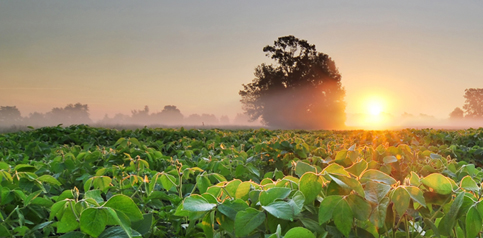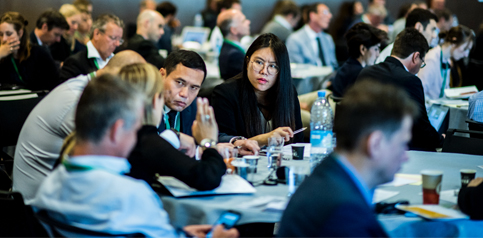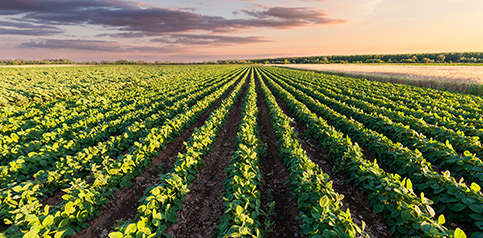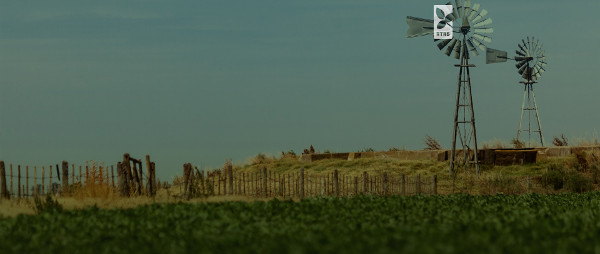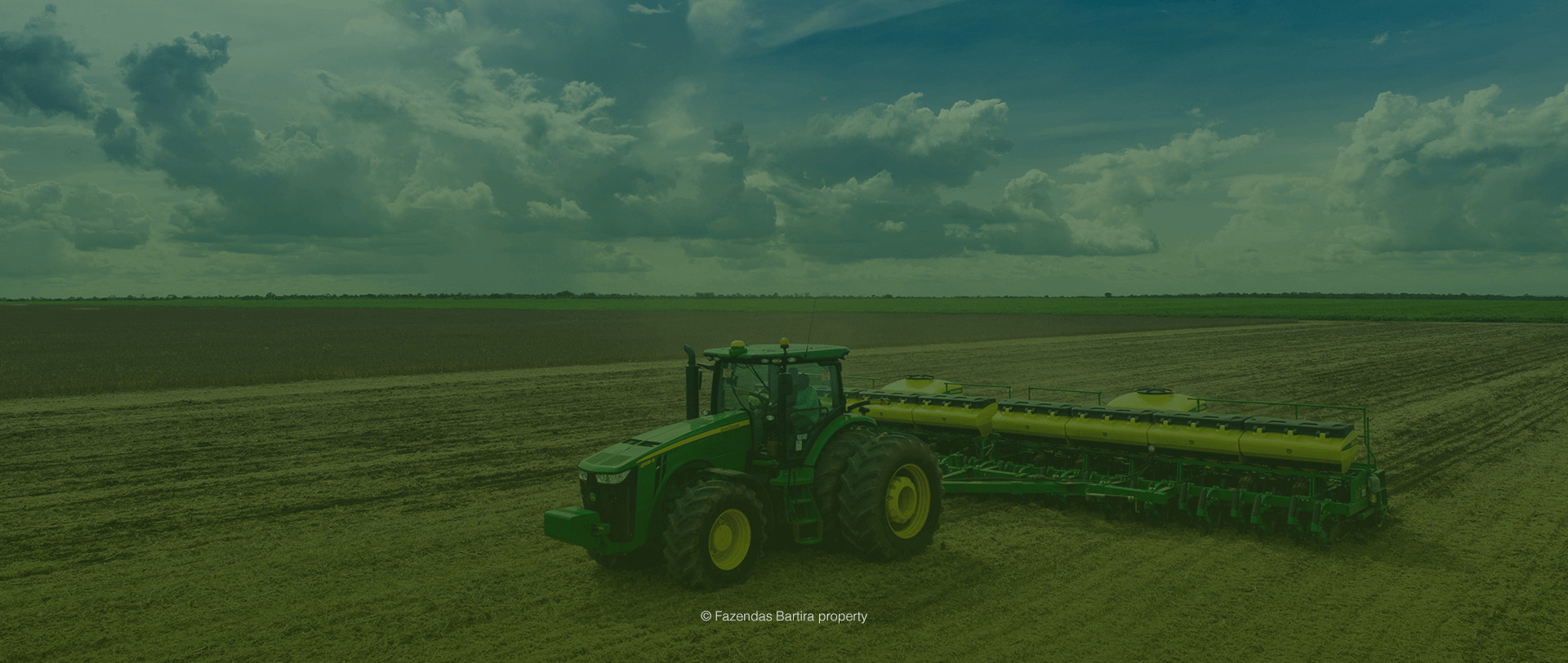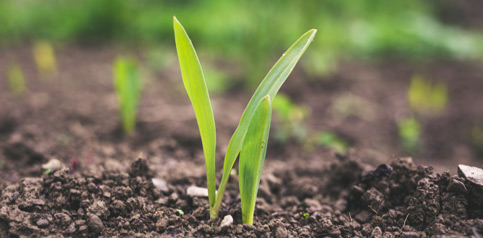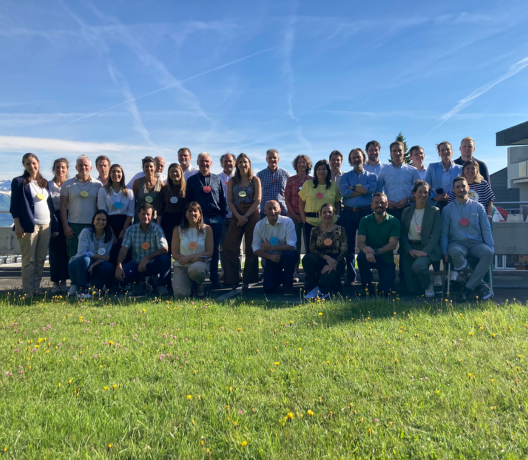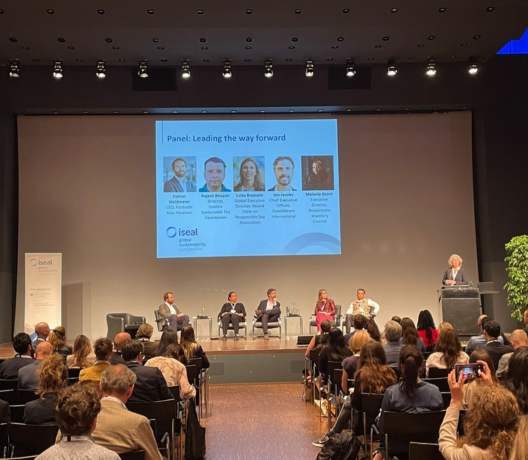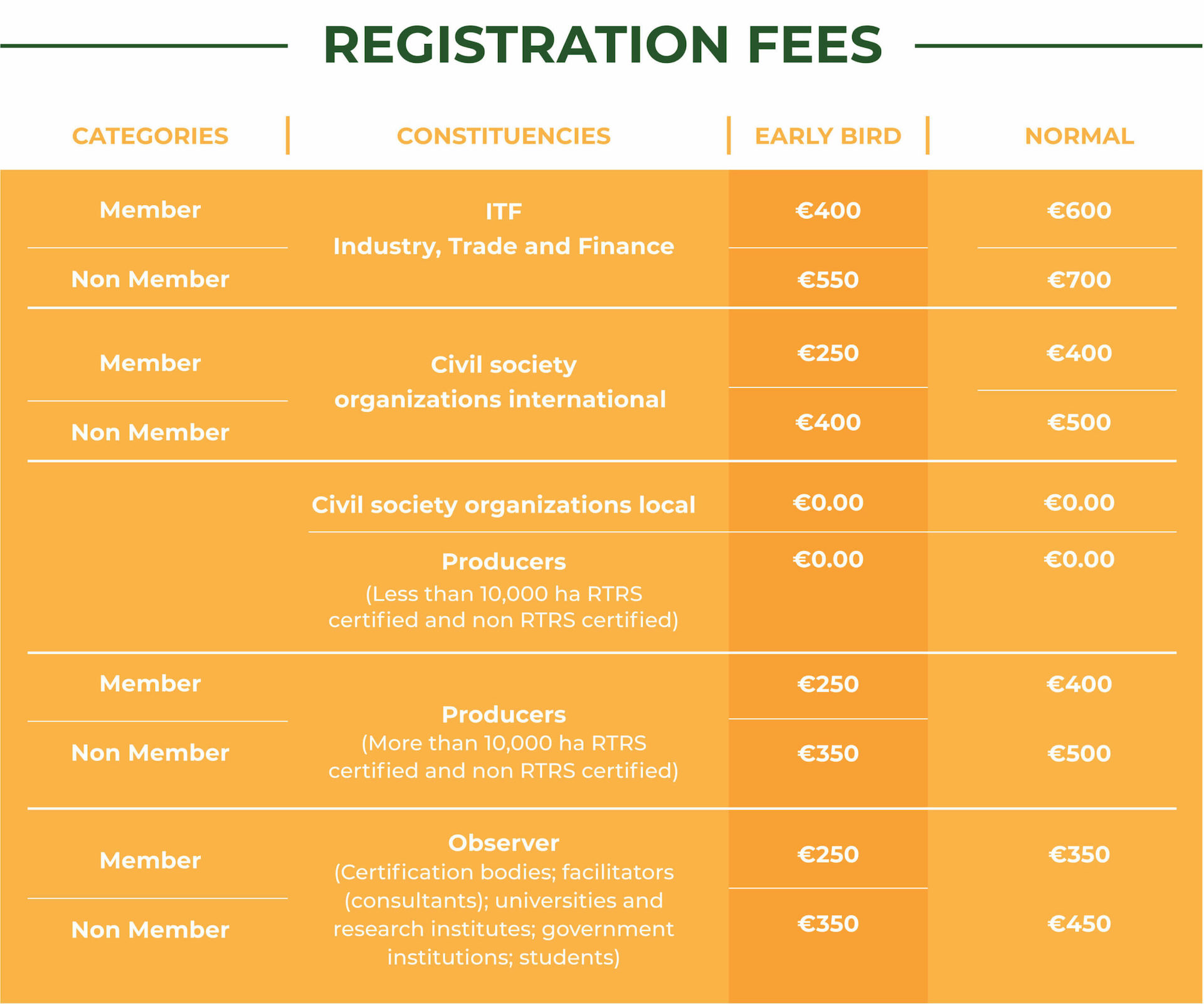Beginning of the soy planting cycle: providing sustainable supply chains
By Marina Born, President of the Round Table on Sustainable Soy Association (RTRS)
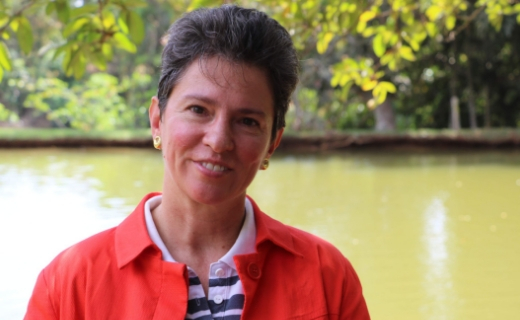

According to a recent survey by Reuters, Brazil is expected to surpass 120 million tons of soy produced in the 2018/19 harvest, with a 2.8% increase in planted area. If this estimate holds true, it will set a record and further solidify the country’s leading position in soy exports.
The Round Table on Responsible Soy Association (RTRS) works continuously to ensure that production, processing and trade follow the most rigorous, transparent and holistic standards of environmental and social certification.
To become an RTRS producer and get certified, you must abide by five basic principles: comply with laws and good business practices, provide good working conditions, respect and create ties with local communities, care for the environment, and adopt good agricultural practices.
RTRS is expected to certify four million tons of soy worldwide in the next harvest; in only four years, the annual volume of RTRS-certified soy has more than tripled. This means that soy production has increased by several million tons without causing any deforestation.
In light of this scenario – in which soy production is sustainable and free from deforestation in the long term – on October 12 our member supermarket Lidl UK announced the purchase of RTRS credits to cover the company’s entire soy footprint in the UK. As a major milestone for the industry, the company has invested in farms in Brazil that produce economically viable, socially beneficial and environmentally appropriate soy in accordance with the RTRS standard, with the objective of creating sustainable supply chains that protect the environment while delivering high-quality products.
These credits ensure that Lidl’s soy supply chain invests in producers that have adopted the RTRS standards for zero deforestation alongside important social issues, such as the ban on child labor and modern slavery and respect for the minimum wage. RTRS provides the only standard that bans any conversion of natural lands – including the Cerrado biome.
We believe that incentives and economic instruments must be developed by Governments and the private sector to reward farmers’ efforts to conserve native vegetation areas (even those eligible for legal clearance) and support initiatives like the one mentioned above.
We can offer the solution, as our commitment to reaching out and working flexibly means that we are absolutely central to the transformation of the soy sector as a whole going forward. RTRS is recognized as an important tool for producers to enjoy greater profitability and expand their businesses, and for quality soy exports to grow and contribute to the country’s economy.


